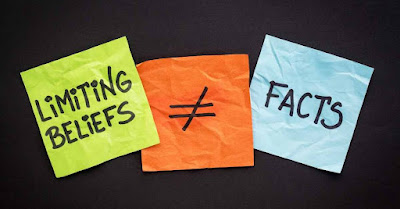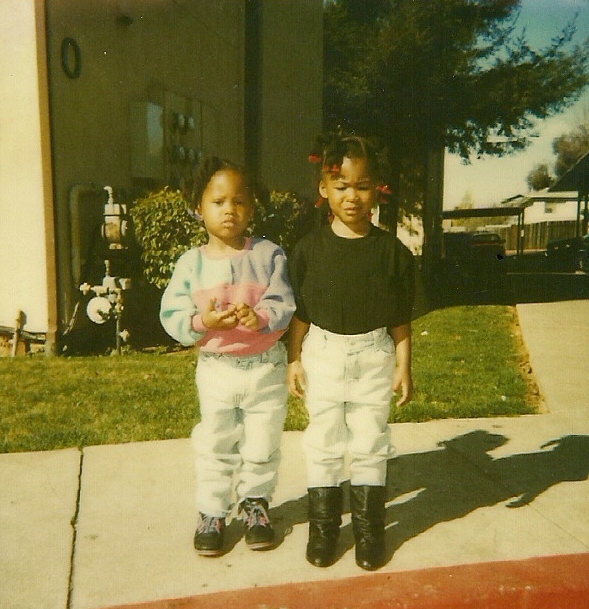Core Beliefs: The Sneaky Narrators of Your Life Story
Ever feel like you’re stuck in a never-ending loop of self-doubt, worry, or just straight-up trash-talking yourself? Yeah, you might have some unhelpful core beliefs running the show. But don’t worry—you’re not broken, and you’re definitely not alone. Let’s break it down and figure out how to kick those unhelpful thoughts to the curb.
What the Heck Are Core Beliefs?
Core beliefs are the deep, foundational ideas we have about ourselves, others, and the world. They’re like those sneaky background apps on your phone—constantly running, draining your energy, and shaping how you see everything. In Cognitive Behavioral Therapy (CBT), core beliefs are the underground bosses that fuel those automatic negative thoughts (you know, the ones that pop up before you even realize it?).
Here’s the thing: if you’ve got negative core beliefs, life starts looking like one giant storm cloud. Two people can experience the exact same situation—one sees an opportunity, the other sees doom. Why? Because their core beliefs are running the show.
Where Do Core Beliefs Come From?
Spoiler alert: You weren’t born thinking you’re not good enough. Core beliefs develop early, usually in childhood, when we’re like little sponges soaking up everything around us. Some of the biggest culprits in shaping these beliefs include:A parent who constantly criticized instead of encouraged
Bullying from peers that made you feel small or invisible
A bad grade on a test that somehow convinced you that you’re not smart
Even if these beliefs are totally inaccurate, they stick. And once they take root, they shape our thoughts, emotions, and behaviors.
Common Harmful Core Beliefs
Negative core beliefs can sneak in and ruin the vibe in a lot of different ways. Here are some of the all-stars of unhelpful thinking:
Feeling Unlovable
"I am unlovable."
- "I will end up alone."
- "No one likes me"
Feeling Helpless
"I am weak."
"I am a loser."
"I am trapped."
Feeling Worthless
"I am bad."
"I don’t deserve to live."
"I am worthless."
Feeling Unsafe
"The world is dangerous."
"People can’t be trusted."
"Nothing ever goes right."
The Consequences of Harmful Core Beliefs
Having these negative core beliefs isn’t just an internal struggle—they impact everything:
Interpersonal Problems: Difficulty trusting others, low self-worth in relationships, excessive jealousy, or being too aggressive (or too much of a people-pleaser).
Mental Health Problems: Depression, anxiety, low self-esteem, difficulty handling stress, and even substance abuse or disordered eating.
Okay, So How Do We Fix This?
I hear you: "Nia, I already KNOW my thoughts are negative! Tell me what to do!" Alright, alright—here’s what we do:
Reality Check Those Thoughts Our brains love holding onto negativity, even when it’s built on shaky evidence. So it’s time for a little cognitive restructuring. Start by asking yourself:
What’s the actual evidence for this thought? Against it?
Am I basing this on facts or just feelings?
Is this thought “black-and-white” when reality is more nuanced?
Could I be misinterpreting the situation?
Am I Ugly? (Let’s Get Personal)
For years, I believed I was ugly. Why? My clothes weren’t trendy, I hated my hair, nobody seemed interested in me, and society celebrated beauty standards that I didn’t fit into.
But let’s apply some Socratic questioning here:
What’s my evidence? Was I actually ugly, or was I just surrounded by a standard of beauty that wasn’t inclusive?
Was I comparing myself to unrealistic standards?
Could my environment have shaped my belief rather than reality?
Turns out, I wasn’t actually ugly—I was just looking through a distorted lens. So what did I do? I changed the narrative:
Surrounded myself with people who uplifted me.
Was mindful of what I consumed in media.
Reframed my definition of beauty (not that Euro-standard that was not meant for me).
 |
| Middle School yearbook picture, “one of these things are not like the other” 🎶 |
Recap: The Core Belief Cheat Sheet
Core beliefs aren’t something you’re born with—they’re learned.
They usually form in childhood or during stressful experiences.
We tend to ignore evidence that contradicts them.
Just because a core belief feels true doesn’t mean it is true.
They’re stubborn, but they CAN change with cognitive restructuring.
Rewriting Your Story
Your mind might have been feeding you lies for years, but guess what? You get to rewrite the script. It won’t happen overnight, but with time, self-reflection, and reality-checking, you can shift the way you see yourself and the world.
And if all else fails, just remember: thoughts aren’t facts—they’re just thoughts. And you, my friend, are way more powerful than you think.








Comments
Post a Comment